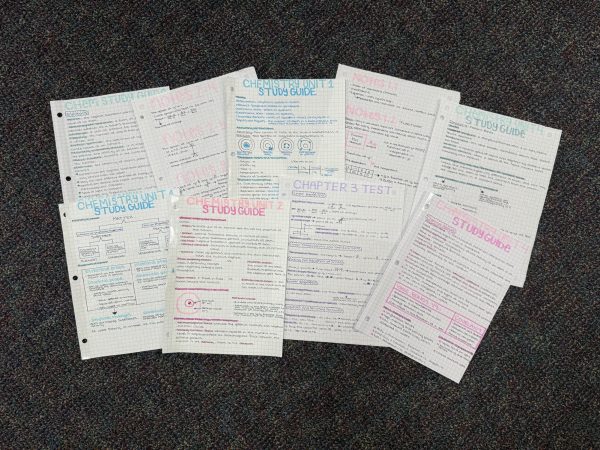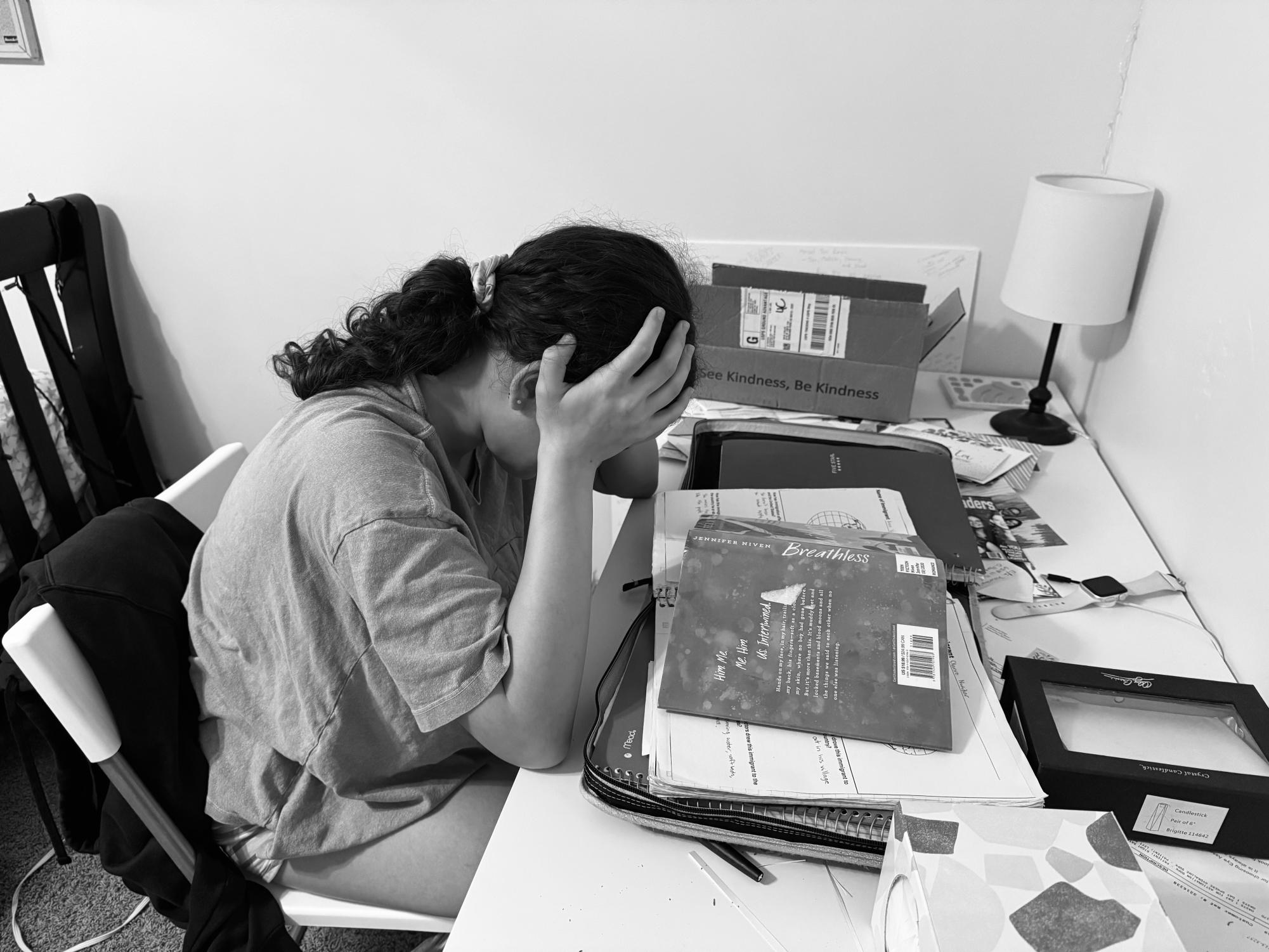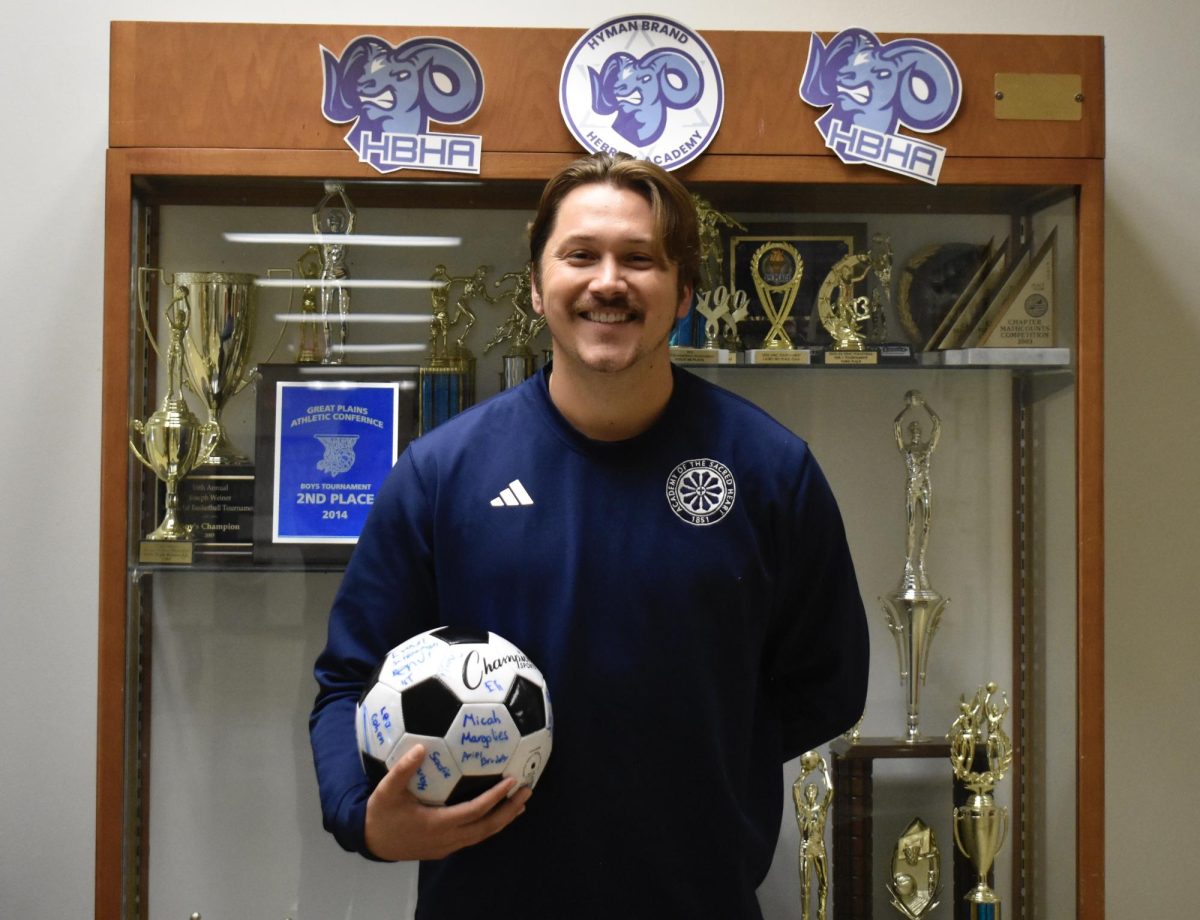Being in high school comes with a lot of stress. While it is manageable for some students to balance rigorous courses, various clubs, or multiple extracurricular activities, for others, it could lead to burnout.
Burnout is a form of exhaustion caused by constant overwhelm. It can be caused by too much emotional, physical, and mental fatigue and can cause feelings of hopelessness, worthlessness, or emptiness.
Often described as being at “the end of your rope,” burnout occurs when you feel so defeated that you do not know what to do next.
The way burnout presents itself can vary among individuals. It can lead to self-isolation, irritability, loss of interest in previously enjoyed activities and responsibilities, procrastination, decreased performance at school or work, and decline in physical health.
However, burnout and stress are not the same. While it is common for teenagers to feel stressed about their obligations, burnout occurs when that stress becomes unhealthy and dictates one’s life and ability to function.
Addison VanCleave, a sophomore at The Blake School in Minneapolis, Minn., says, “When I feel burnt out, I just feel so tired and like I physically cannot do anything because I just don’t have the energy.” She says this differs from when she is just feeling stressed, where she is worried and anxious about completing something.
While burnout is not a diagnosable psychological condition, it can present similarly, or even lead to anxiety and depression.
Licensed Clinical Professional Counselor Katie Frits says, “When I think of burnout, I think of when we get to a space where we’ve been doing something at full speed for so long that we no longer find it to be enjoyable.”
For high school students, burnout can cause little to no motivation towards school, difficulty completing homework and assignments, a decline in grades, increased tardiness, and isolation from peers.

Current HBHA senior Noa Levine experienced burnout during her freshman year of high school. “I utilized all of my time well…” Levine said, “I felt like I was doing as much as I could, and it was never enough. I could never keep my head above the water.”
Levine was a full-time student and competitive dancer. Between balancing her busy schedule, she spent all her free time doing homework.
“There were a lot of times I had to not go to dance,” Levine said. Instead, she would stay after school to complete her work or get extra help from teachers.

VanCleave says burnout has affected her life. VanCleave attends a private college-preparatory school where all of her classes are at an advanced placement or honors level.
VanCleave says it is sometimes difficult for her to balance all of her commitments and responsibilities on top of preparing for school. On nights when she has work, she does not have time for homework. “When I get home, all I wanna do is be home and be in my bed, but I have so much homework to do,” said VanCleave. “I just lose motivation.”
As a result of her burnout, VanCleave had to cut back on her work schedule to allow time for school, as she was not physically able to keep up with that much. VanCleave said, “I feel like I want to do so much with my time, but school doesn’t permit me to do all those things.”
Trying to uphold high standards can also lead to burnout for teenagers. Students are often faced with unrealistic expectations set by teachers or family members. Frits says, “I think a lot of times people expect way more out of students than they’re able to give.”
Frits says it is important for students to understand that perfection is unattainable. As someone who works with teenagers, Frits sees students striving for perfection going 110 miles an hour, which she says is not sustainable long term.
She says, “We’re always trying to do better and better and better than we did, without taking any breaks or letting off the pedal at all, and that is when it becomes really unhealthy for us. “
Levine says her teachers had high expectations of her without knowing the reality of her situation. Despite this, Levine said, “I just didn’t want to let my teachers down.”
Teenagers who feel burnt out may feel trapped. Levine said time was her enemy. “I was constantly working so hard that I was burning out,” she said. “I didn’t know that it didn’t have to be like that.”
Oftentimes, students with heavy workloads are forced to stay up late completing assignments. Frits says, “That’s detrimental to our overall well-being because we’re so fatigued the next day. It’s like we’re doing one thing, but knowing it’s at the cost of another.”
Levine says once she reached burnout, it affected the rest of her school year. “I’ve always been an anxious person,” she said. “But I really think that the anxiety came on from this.”
Burnout can be a gradual buildup of symptoms. Unless you experience it often, it can be difficult to tell whether you are getting to the burnout stage. “The people who are going to be in the burnout area need to recognize what their burnout signs are,” Frits said. “We can’t make light of the fact that burnout is such a serious thing.”
When combating burnout, Frits says it is important to do things in a variety of settings. “When I think of burnout, I think of self-care,” says Frits. Self-care can be emotional, physical, spiritual, social, or setting boundaries with others.

“I hang out with my friends when I’m feeling super burnt out,” VanCleave says. “It gives me something to look forward to. I know that I have to do my work, so then I can hang out with those people.”
While burnout may feel like the end of the world, it is only temporary. With the right tools and support systems in place, burnout can be overcome. Levine said she’s glad she experienced burnout during her freshman year. “After that, I looked so critically at my course schedule because…I’m making sure I’m never in a place like that ever again.”















